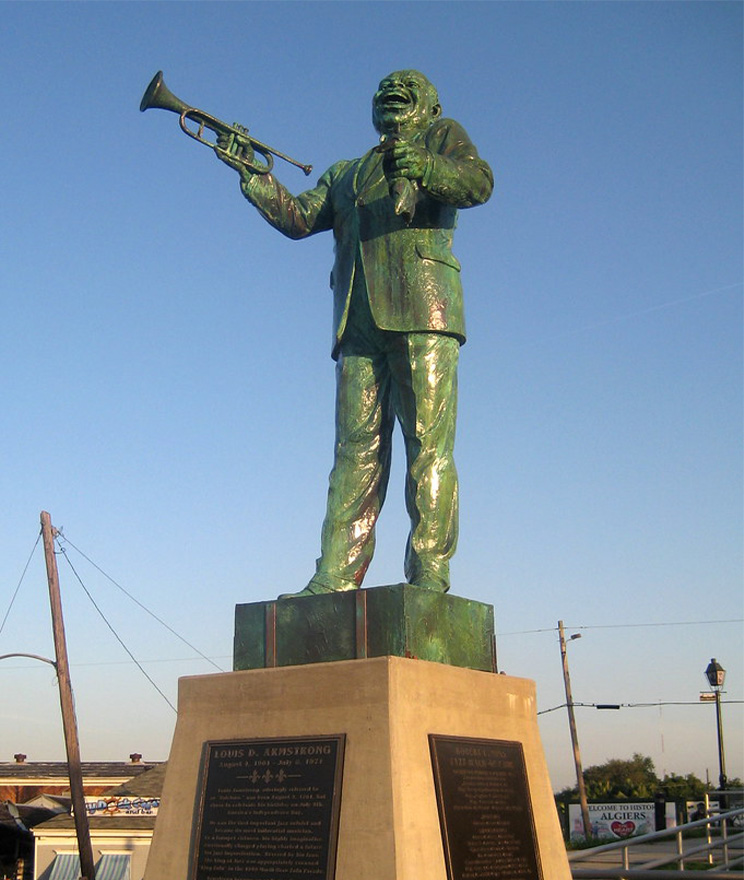This blog post covers the period of Louis Armstrong's career where he achieved international fame and ventured into acting, highlighting his impact beyond the world of jazz. The next and final post will delve into his later years, exploring how he continued to influence music and his lasting legacy in the world of entertainment.
Spreading Jazz Across the Globe
By the 1930s, Louis Armstrong had become a household name in the United States. But his influence didn’t stop there – he was about to take the world by storm. Armstrong's international tours in the 1930s and 1940s played a crucial role in spreading jazz globally. He became not just a music icon, but an ambassador of American culture.
Armstrong's Charm Around the World
Wherever he went, from Europe to the United States, Armstrong's charm and talent won hearts. His ability to connect with diverse audiences transcended language barriers and cultural differences. His tours were more than just concerts; they were cultural exchanges, introducing jazz to new corners of the world and, in turn, enriching Armstrong's own understanding and appreciation of global music traditions.
Hollywood Calls
Armstrong's charisma and talent caught the attention of Hollywood, leading to a successful career in cinema. He appeared in numerous films, often playing versions of himself, which helped to further cement his status as an international celebrity. Notable appearances included films like "Pennies from Heaven" (1936) and "High Society" (1956), where he starred alongside Bing Crosby and Grace Kelly.
Breaking Barriers in Film
In his film roles, Armstrong wasn’t just an entertainer; he was a trailblazer. At a time when opportunities for African American actors were limited and often stereotyped, Armstrong's presence in mainstream Hollywood films was significant. He brought a sense of dignity and authenticity to his roles, challenging prevailing norms and paving the way for future generations of artists.
The Voice That Touched Hearts
In addition to his instrumental prowess, Armstrong's unique gravelly voice became a signature element of his performances. His vocal style was as influential as his trumpet playing, particularly in popularizing scat singing. Songs like "What a Wonderful World" not only showcased his warm and emotive vocal style but also became anthems of hope and unity, transcending musical genres.
Conclusion: A Renaissance Man of Jazz
Louis Armstrong's journey through international fame and Hollywood was a testament to his versatility and enduring appeal. He was not confined to the boundaries of jazz; he was a renaissance man who left his mark on music, film, and culture. His global tours and Hollywood career were more than just successes; they were symbols of his ability to connect and communicate through the universal language of music and charisma.


